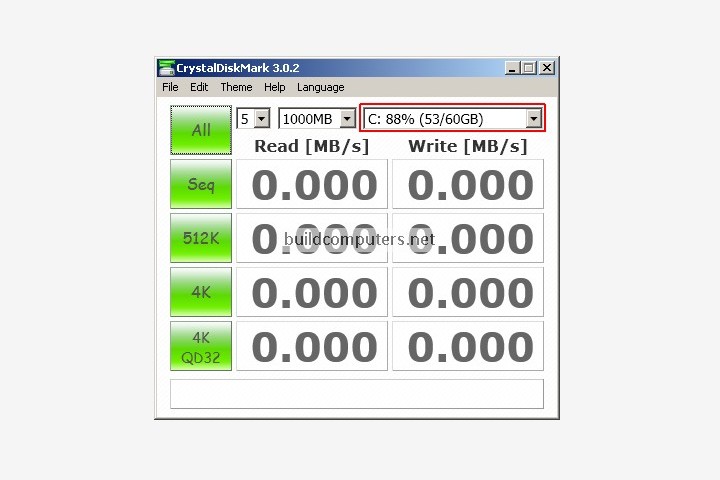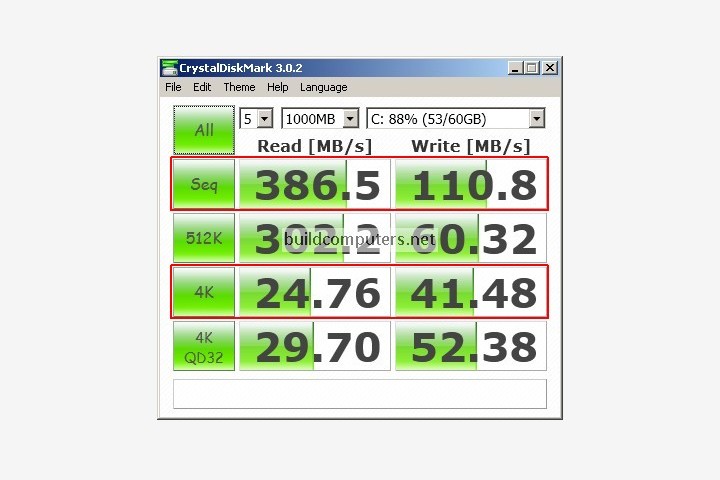Hard Drive Benchmark - How to Run a Hard Drive Speed Test
Ready for a hard drive speed test? Learn what are the best hard drive benchmark software and how to interpret your SSD and HDD benchmark results.
Ask any techie and chances are they will tell you that hard disk speeds given by manufacturers are often overstated or misleading (e.g. speeds attained under unrealistic scenarios).
In that case, the only sure-fire method to determine your real-world hard disk speed is to put it through a reliable hard drive performance test.
And once you have the benchmark results, we'll point out what are the numbers to look for and what they mean in plain English.
How to Run a SSD Benchmark or HDD Benchmark
Let's begin by introducing you to the big names in hard drive speed test software: Atto Disk Benchmark, CrystalDiskMark and HD Tune.
While they are all dependable hard drive benchmark tools, we recommend CrystalDiskMark over the others for the following reasons:
- Works like a charm with almost everything - Hard disk drives, solid state drives, external hard drives, USB flash drives and even memory cards.
- Simple to use with a clean interface - Easy-to-understand benchmark results without excessive technical details (see screenshot below):

The three simple steps for running a SSD benchmark or HDD benchmark with CrystalDiskMark:
1. Choose the drive that you want to benchmark (outlined in red above)
2. Leave the number of test runs and test size at default values (number of test runs: 5, test size: 1000MB).
3. Click the "All" button at the top left and wait for the benchmark results.
What Your SSD or HDD Benchmark Results Mean
Now that we have our hard drive benchmark results, let's make sense of the numbers:
The numbers that will matter to most people are the ones in the "Seq" and "4K" row (outlined in red above).
Seq is short for sequential (read/write speeds), and 4K refers to random (read/write speeds).
Sequential read/write - measures the speed of your hard drive when it comes to the transfer of large files (e.g. installing programs, copying videos, programs, photo albums or music libraries from one hard drive to another). High sequential read speeds will also shorten the loading time for large programs such as modern computer games and video editing software.
4K random read/write - measures how fast your hard drive is able to access small files that are randomly scattered across it. A hard drive with higher 4K numbers will able to multi-task better, so your operating system will be more responsive and you can run more background programs (e.g. virus shield, firewall, torrents, instant messengers etc) without any major slowdowns.
For an operating system boot drive, 4K random read speeds are the most important, followed by 4K random write speed.
For a mass storage drive (e.g. external hard drives and USB flash drives), sequential read/writes will matter more.
Recommended Hard Drives
Budget SSD: Crucial MX500 500GB (SATA)
Budget HDD: Western Digital Blue 2TB
Mid Range SSD: Samsung 860 EVO 1TB (SATA)
Mid Range HDD: Western Digital Blue 4TB
Gaming SSD: Samsung 970 EVO 1TB (M.2) / Samsung 860 EVO 1TB (SATA)
Gaming HDD: Western Digital Black 4TB
HTPC SSD: Samsung 970 EVO 500GB (M.2) / Samsung 860 EVO 500GB (SATA)
HTPC HDD: Seagate BarraCuda 2TB
HARD DRIVE GUIDE
- What is a Hard Drive - Types of Hard Drive
- SSD vs HDD - Should You Buy a SSD or HDD?
- How to Run a Hard Drive Benchmark Test
- How to Install a Hard Drive
Hard Disk Drive HDD
Solid State Drive SSD

